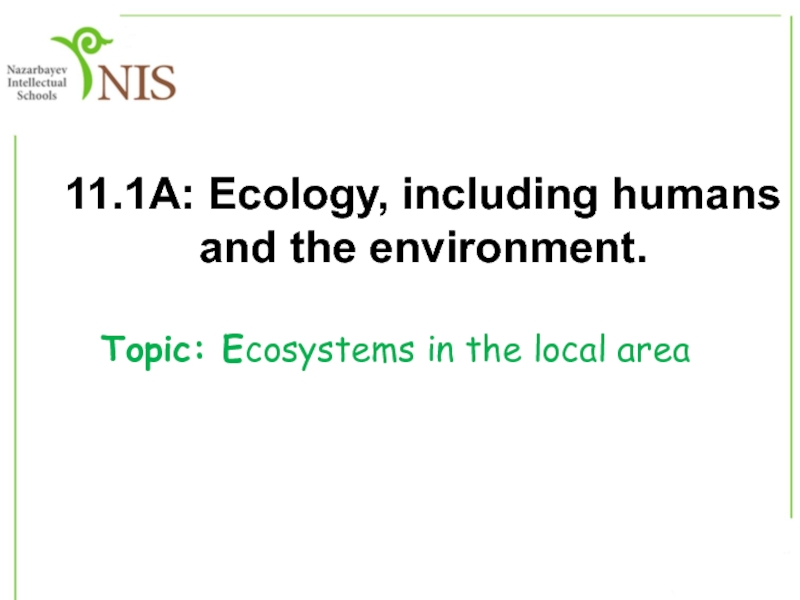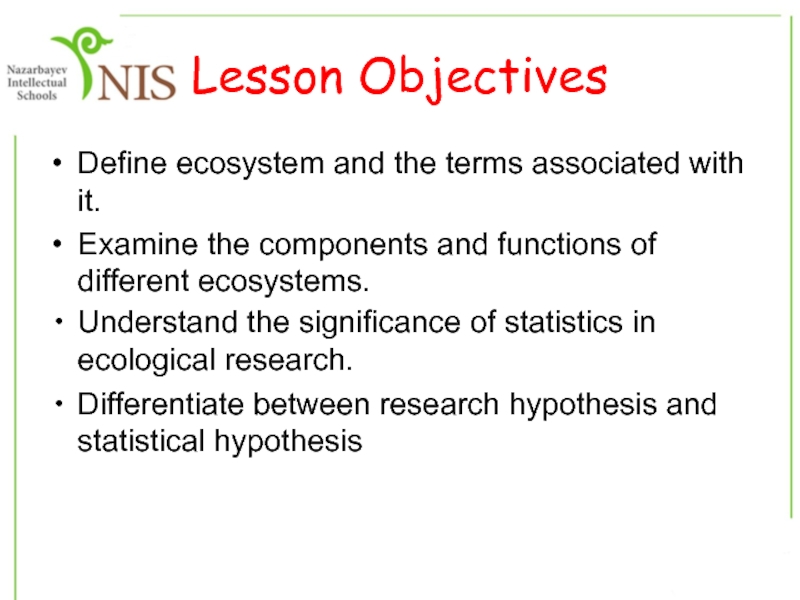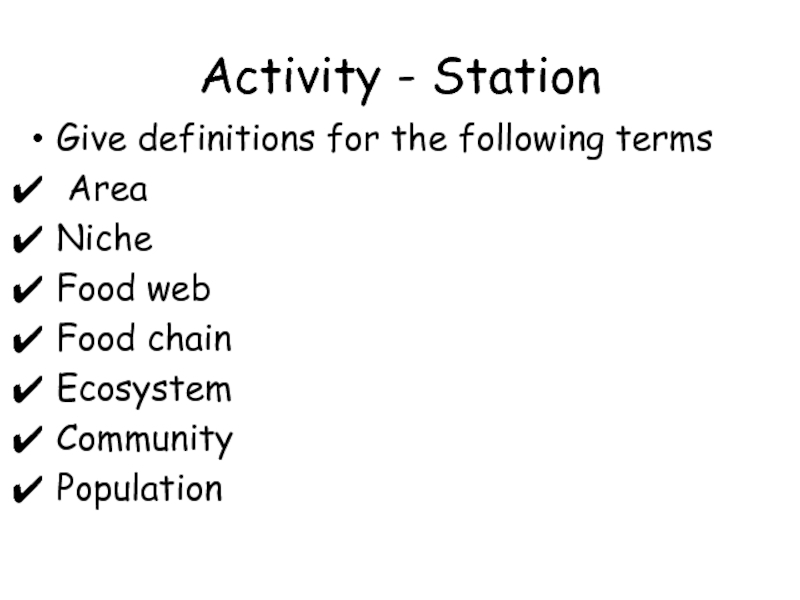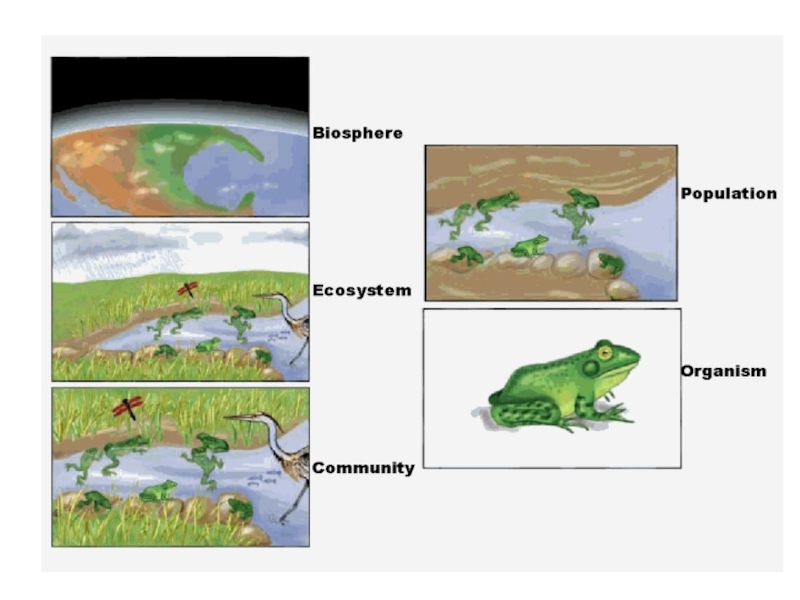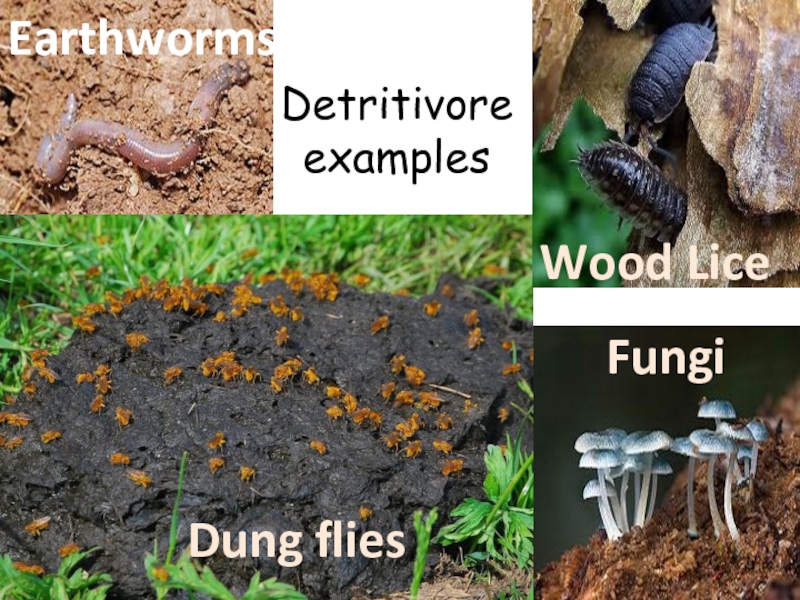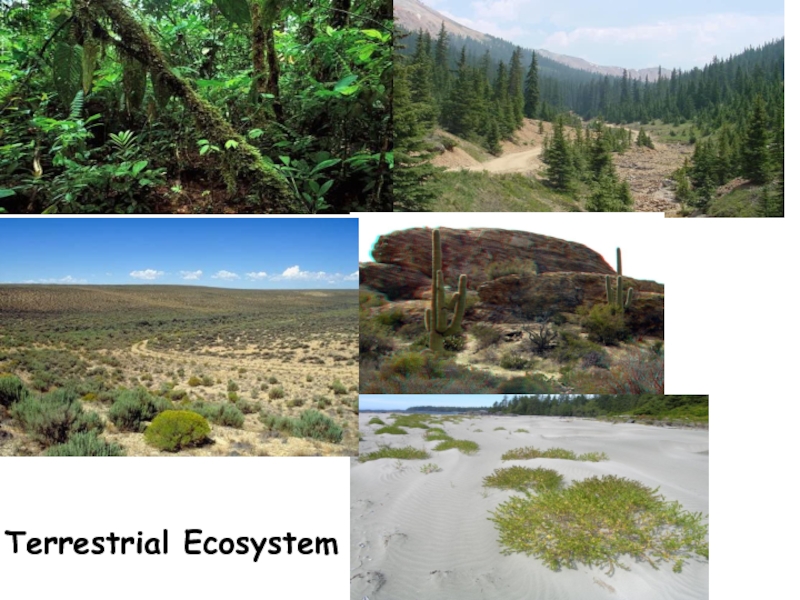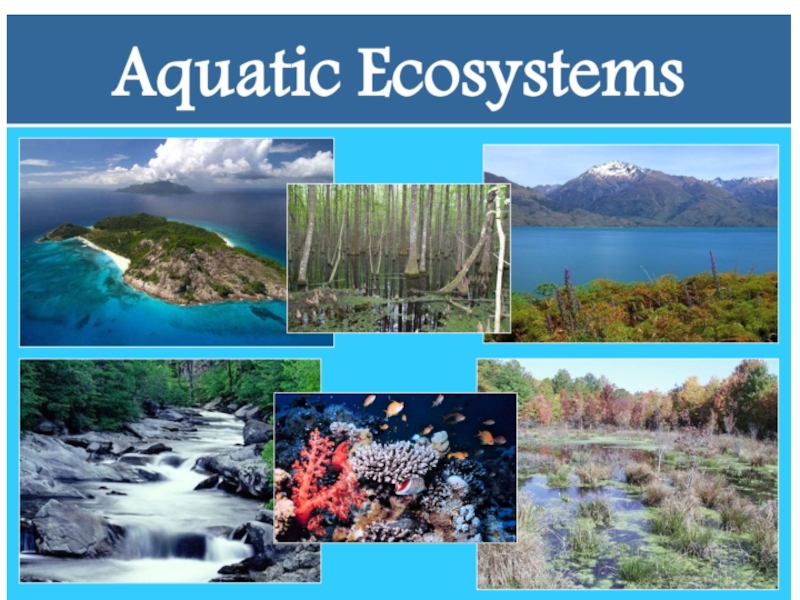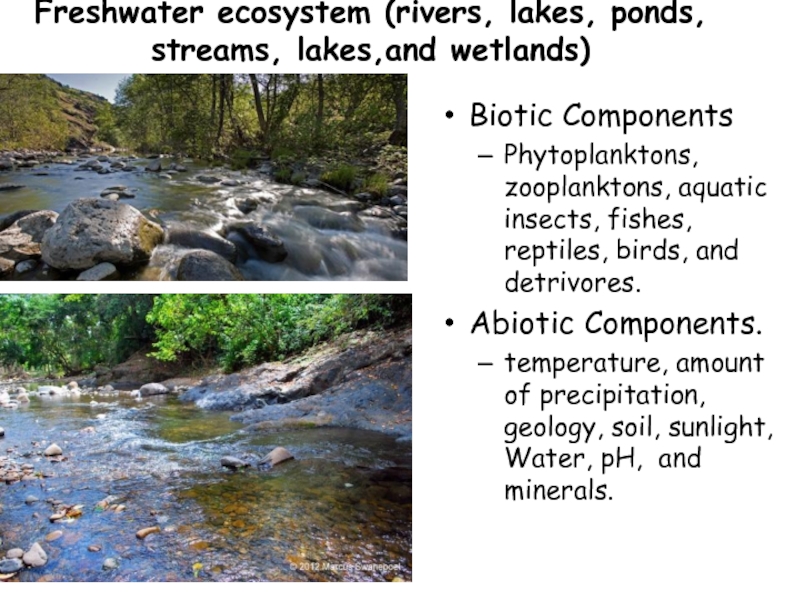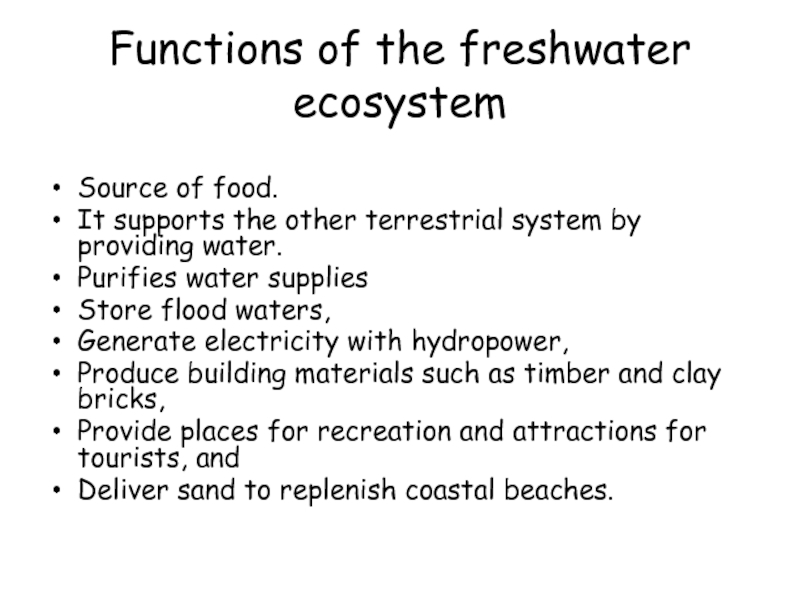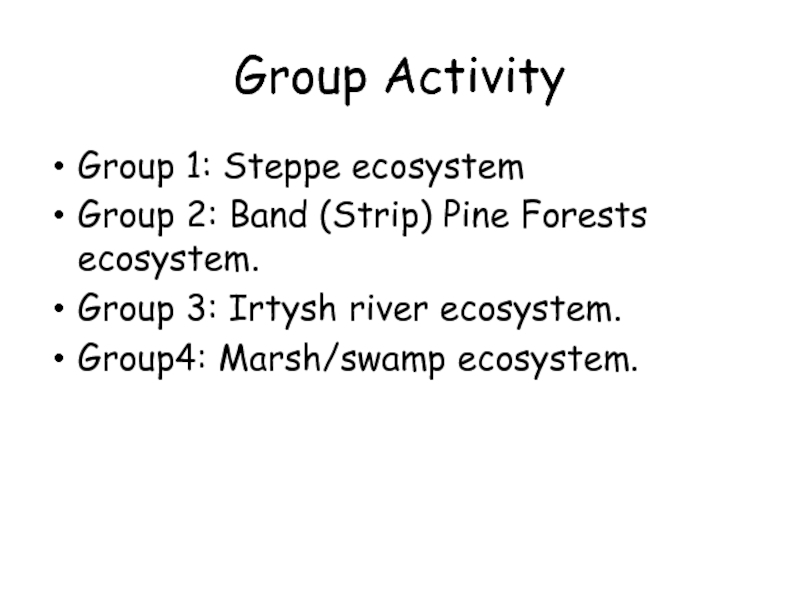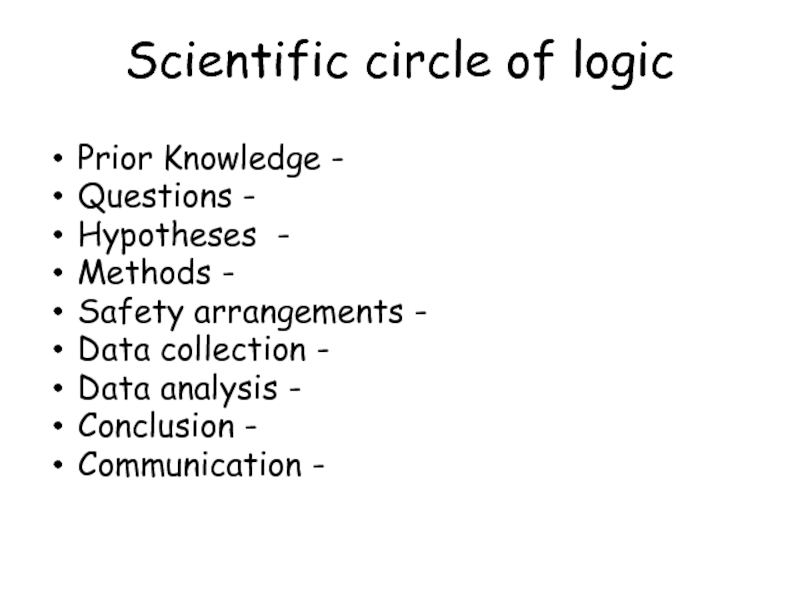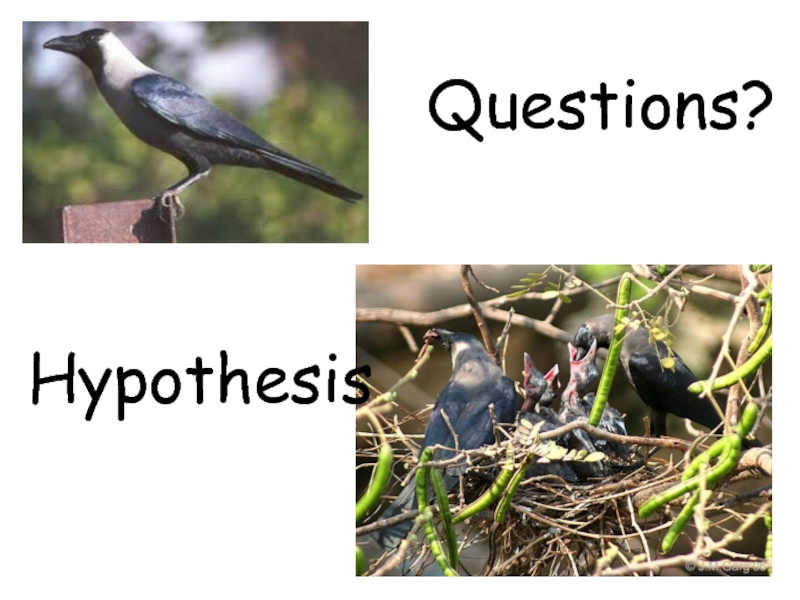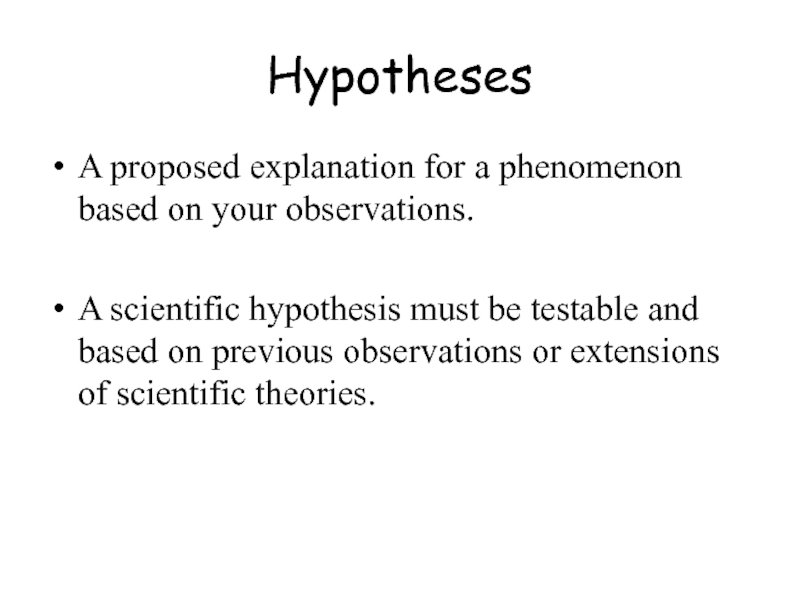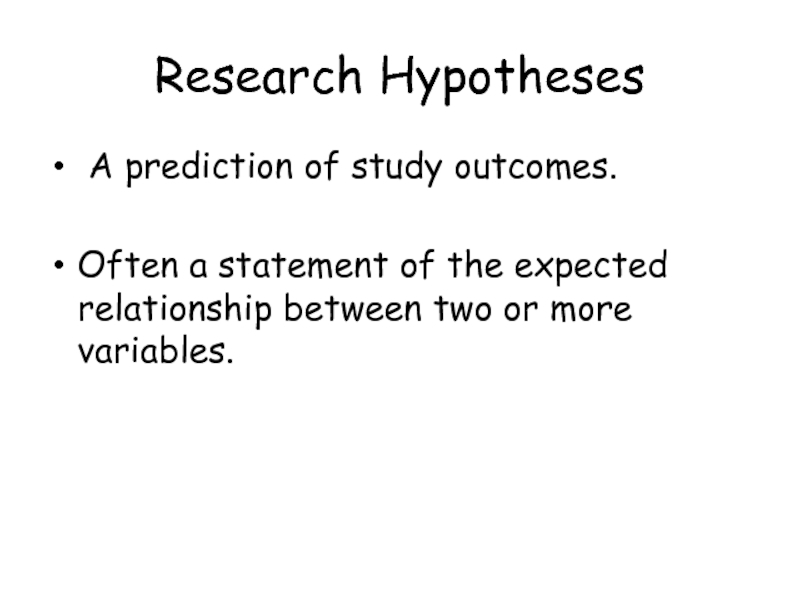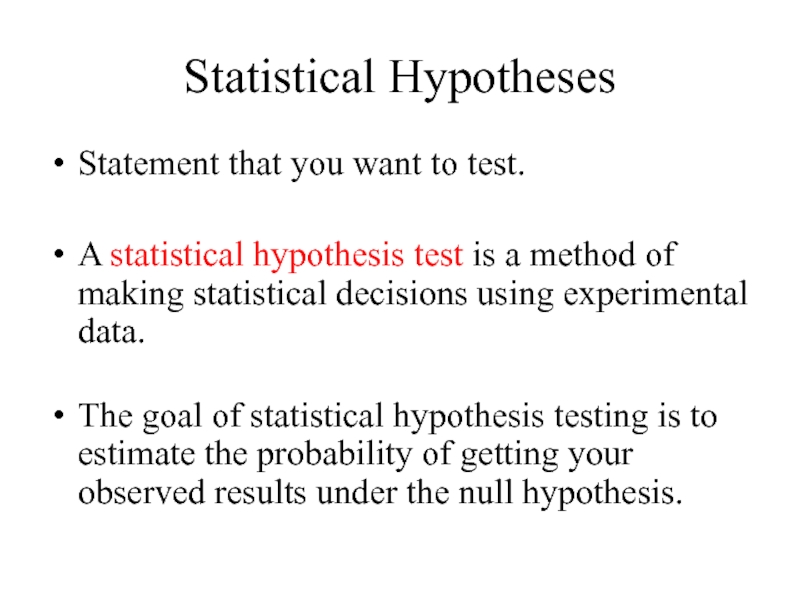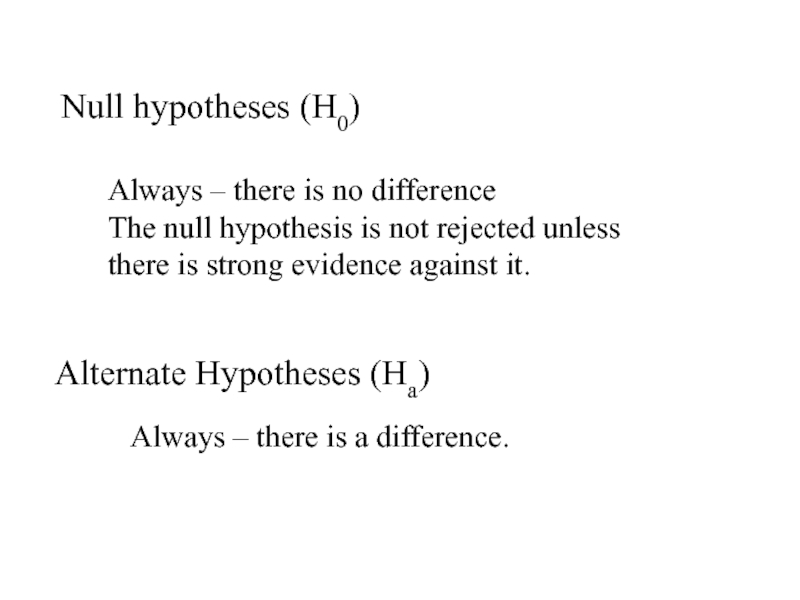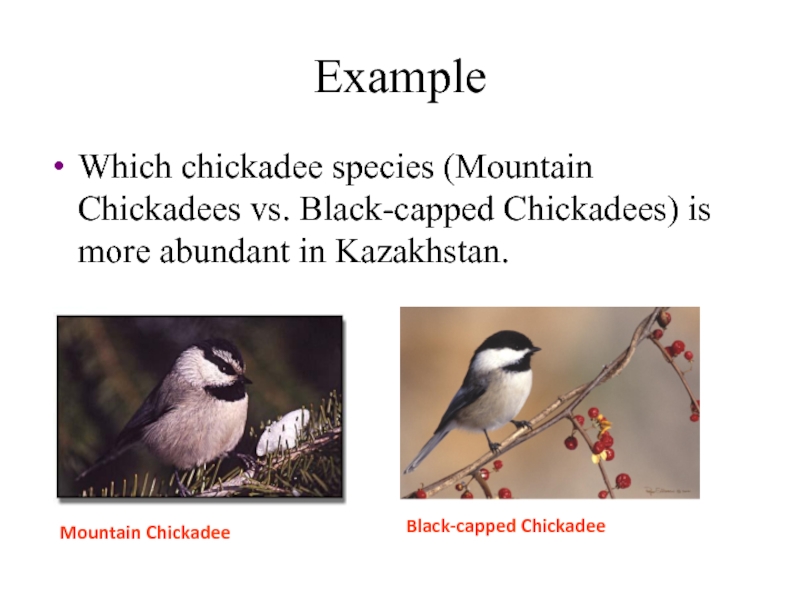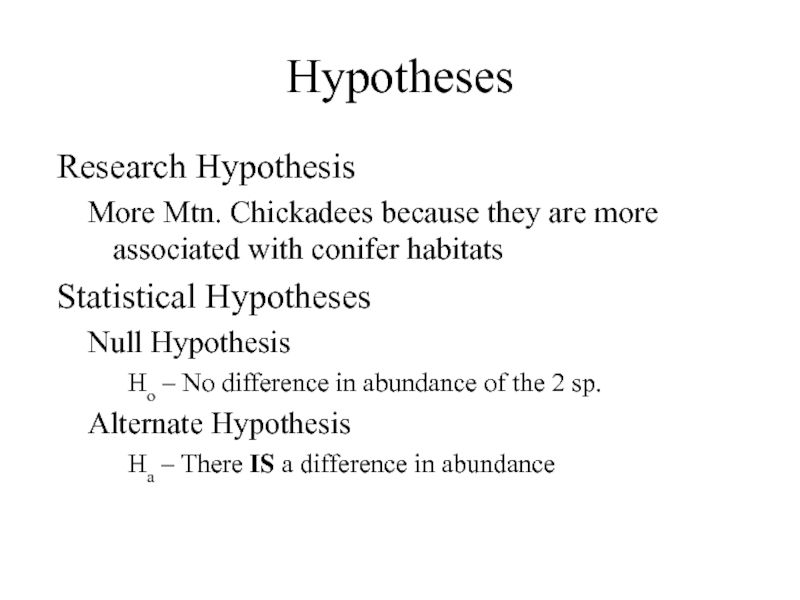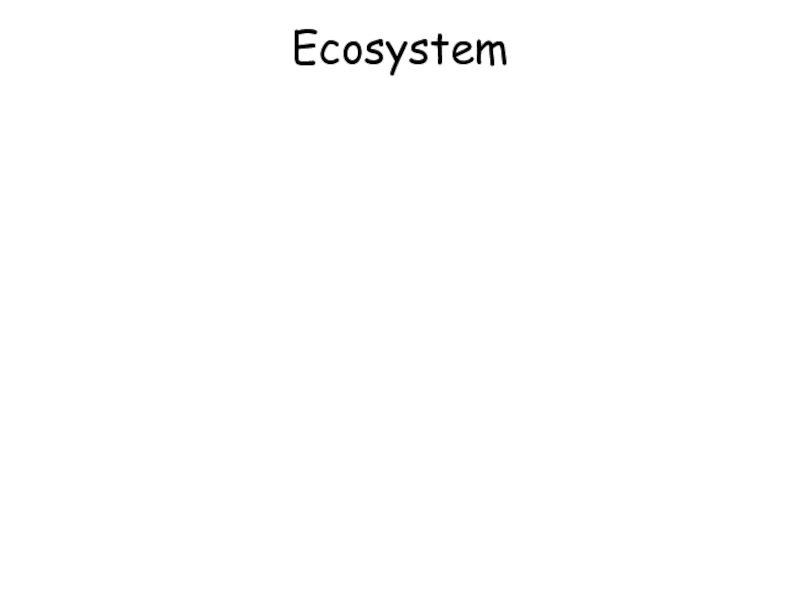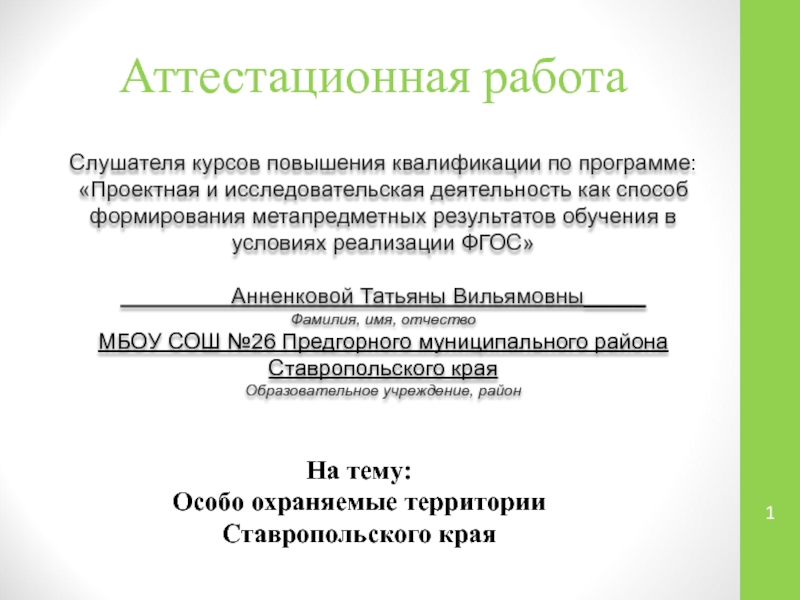Ecosystems in the local area
- Главная
- Разное
- Дизайн
- Бизнес и предпринимательство
- Аналитика
- Образование
- Развлечения
- Красота и здоровье
- Финансы
- Государство
- Путешествия
- Спорт
- Недвижимость
- Армия
- Графика
- Культурология
- Еда и кулинария
- Лингвистика
- Английский язык
- Астрономия
- Алгебра
- Биология
- География
- Детские презентации
- Информатика
- История
- Литература
- Маркетинг
- Математика
- Медицина
- Менеджмент
- Музыка
- МХК
- Немецкий язык
- ОБЖ
- Обществознание
- Окружающий мир
- Педагогика
- Русский язык
- Технология
- Физика
- Философия
- Химия
- Шаблоны, картинки для презентаций
- Экология
- Экономика
- Юриспруденция
Ecosystems in the local area презентация
Содержание
- 1. Ecosystems in the local area
- 2. Lesson Objectives Define ecosystem and the terms
- 3. Activity - Station Give definitions for the
- 6. Detritivore examples Dung flies Wood Lice Fungi Earthworms
- 8. Terrestrial Ecosystem
- 10. Freshwater ecosystem (rivers, lakes, ponds, streams, lakes,and
- 11. Functions of the freshwater ecosystem Source
- 12. Group Activity Group 1: Steppe ecosystem Group
- 13. What is research?
- 15. Scientific circle of logic Prior Knowledge -
- 16. Questions? Hypothesis
- 17. Hypotheses A proposed explanation for a phenomenon
- 18. Types Research Hypotheses Statistical hypotheses.
- 19. Research Hypotheses A prediction of study
- 20. Statistical Hypotheses Statement that you want to
- 21. Null hypotheses (H0) Always –
- 22. Example Which chickadee species (Mountain Chickadees vs.
- 23. Hypotheses Research Hypothesis More Mtn.
- 24. Area
- 25. Niche
- 26. Food web
- 27. Food chain
- 28. Ecosystem
- 29. Community
- 30. Population
Слайд 1Microbiology and Biotechnology
Nutrition in Microorganisms
11.1А: Ecology, including humans
and the environment.
Topic:
Слайд 2Lesson Objectives
Define ecosystem and the terms associated with it.
Examine the components
and functions of different ecosystems.
Understand the significance of statistics in ecological research.
Differentiate between research hypothesis and statistical hypothesis
Understand the significance of statistics in ecological research.
Differentiate between research hypothesis and statistical hypothesis
Слайд 3Activity - Station
Give definitions for the following terms
Area
Niche
Food web
Food chain
Ecosystem
Community
Population
Слайд 10Freshwater ecosystem (rivers, lakes, ponds, streams, lakes,and wetlands)
Biotic Components
Phytoplanktons, zooplanktons, aquatic
insects, fishes, reptiles, birds, and detrivores.
Abiotic Components.
temperature, amount of precipitation, geology, soil, sunlight, Water, pH, and minerals.
Abiotic Components.
temperature, amount of precipitation, geology, soil, sunlight, Water, pH, and minerals.
Слайд 11Functions of the freshwater ecosystem
Source of food.
It supports the other
terrestrial system by providing water.
Purifies water supplies
Store flood waters,
Generate electricity with hydropower,
Produce building materials such as timber and clay bricks,
Provide places for recreation and attractions for tourists, and
Deliver sand to replenish coastal beaches.
Purifies water supplies
Store flood waters,
Generate electricity with hydropower,
Produce building materials such as timber and clay bricks,
Provide places for recreation and attractions for tourists, and
Deliver sand to replenish coastal beaches.
Слайд 12Group Activity
Group 1: Steppe ecosystem
Group 2: Band (Strip) Pine Forests ecosystem.
Group
3: Irtysh river ecosystem.
Group4: Marsh/swamp ecosystem.
Group4: Marsh/swamp ecosystem.
Слайд 15Scientific circle of logic
Prior Knowledge -
Questions -
Hypotheses -
Methods
-
Safety arrangements -
Data collection -
Data analysis -
Conclusion -
Communication -
Safety arrangements -
Data collection -
Data analysis -
Conclusion -
Communication -
Слайд 17Hypotheses
A proposed explanation for a phenomenon based on your observations.
A scientific
hypothesis must be testable and based on previous observations or extensions of scientific theories.
Слайд 18Types
Research Hypotheses
Statistical hypotheses.
Null hypotheses (H0).
Alternate hypotheses (Ha).
Alternate hypotheses (Ha).
Слайд 19Research Hypotheses
A prediction of study outcomes.
Often a statement of the
expected relationship between two or more variables.
Слайд 20Statistical Hypotheses
Statement that you want to test.
A statistical hypothesis test is
a method of making statistical decisions using experimental data.
The goal of statistical hypothesis testing is to estimate the probability of getting your observed results under the null hypothesis.
The goal of statistical hypothesis testing is to estimate the probability of getting your observed results under the null hypothesis.
Слайд 21Null hypotheses (H0)
Always – there is no difference
The null hypothesis
is not rejected unless there is strong evidence against it.
Alternate Hypotheses (Ha)
Always – there is a difference.
Слайд 22Example
Which chickadee species (Mountain Chickadees vs. Black-capped Chickadees) is more abundant
in Kazakhstan.
Mountain Chickadee
Black-capped Chickadee
Слайд 23Hypotheses
Research Hypothesis
More Mtn. Chickadees because they are more associated
with conifer habitats
Statistical Hypotheses
Null Hypothesis
Ho – No difference in abundance of the 2 sp.
Alternate Hypothesis
Ha – There IS a difference in abundance
Statistical Hypotheses
Null Hypothesis
Ho – No difference in abundance of the 2 sp.
Alternate Hypothesis
Ha – There IS a difference in abundance
